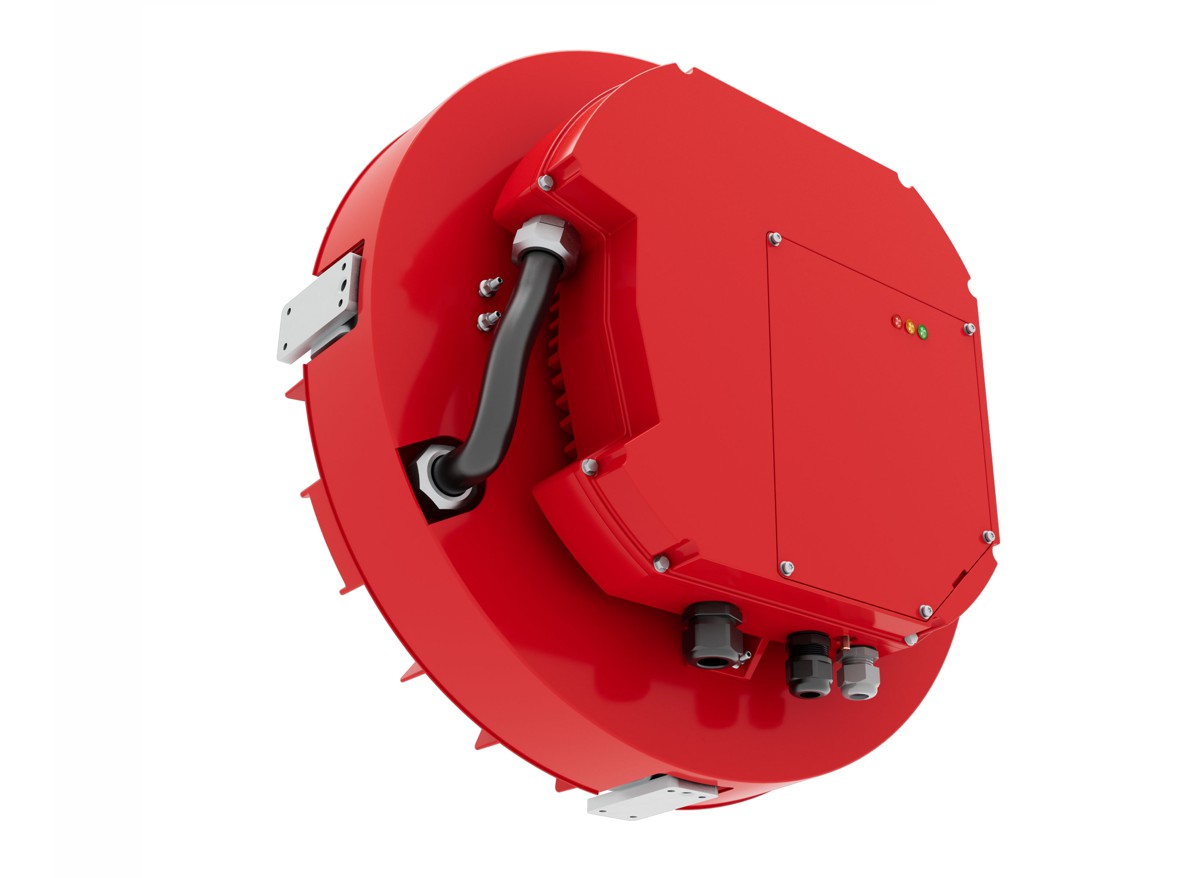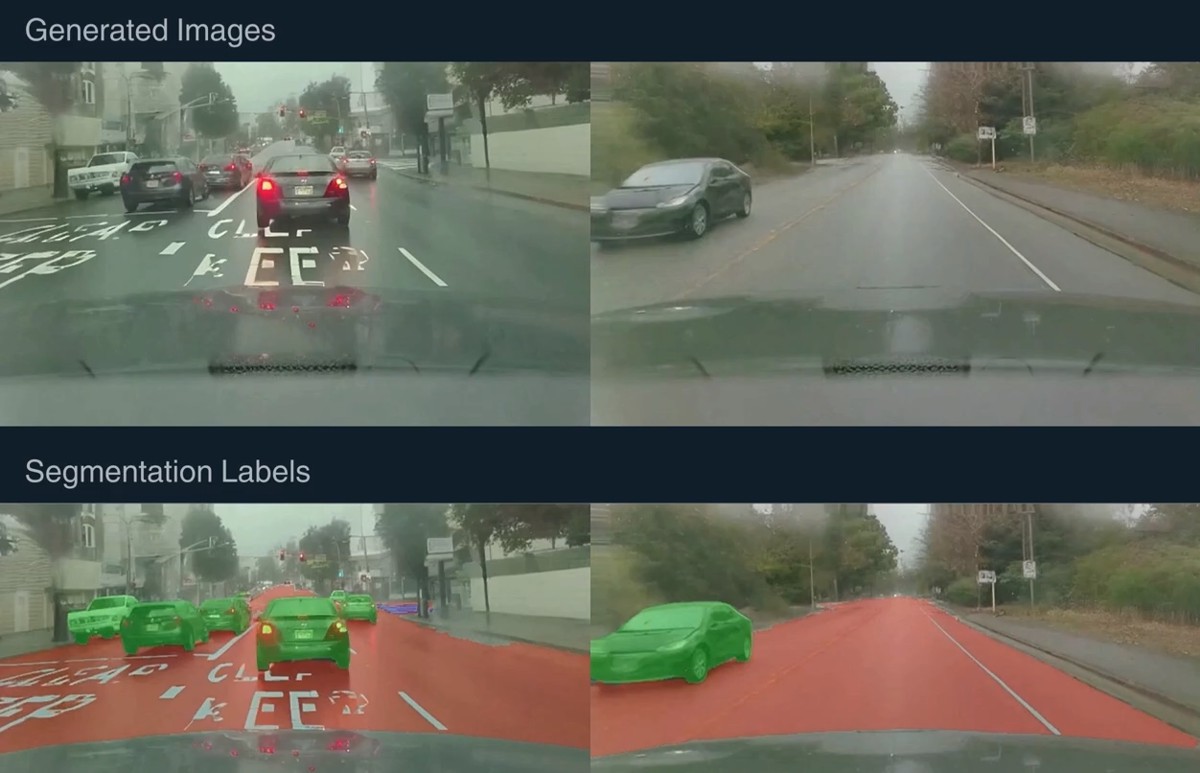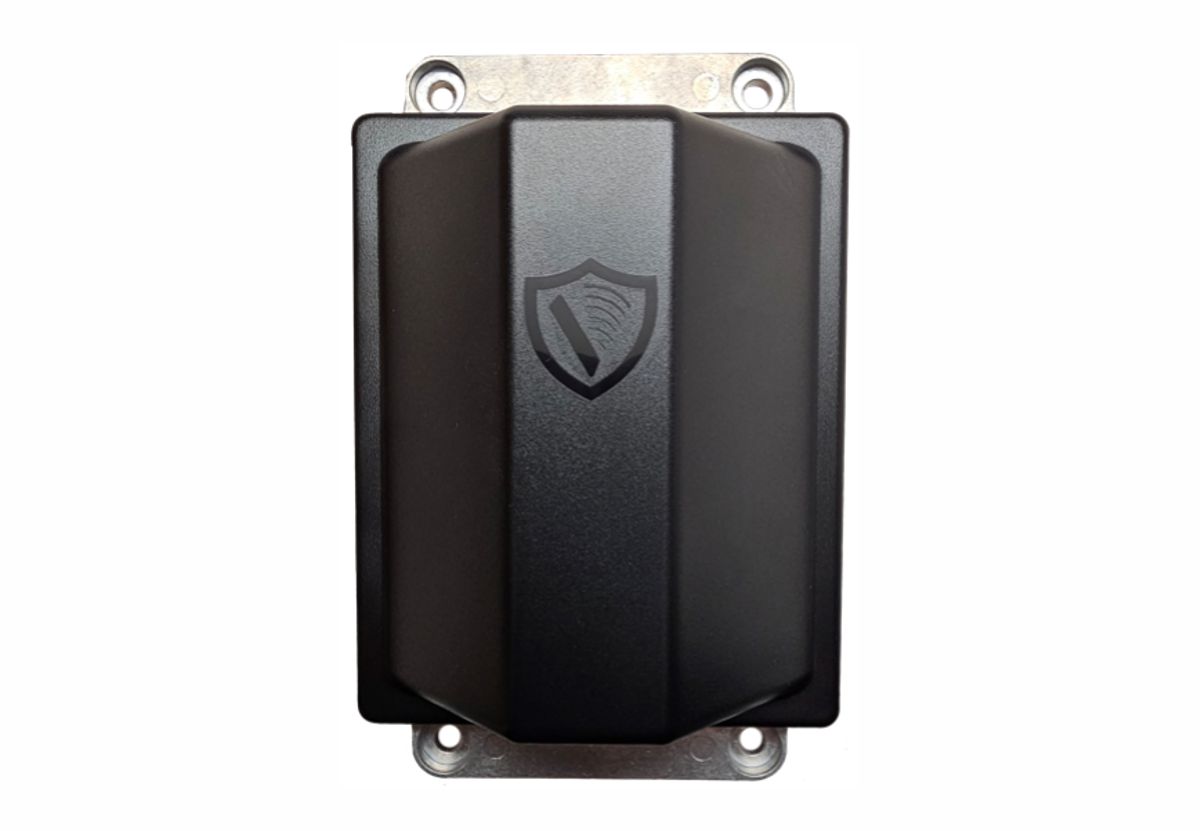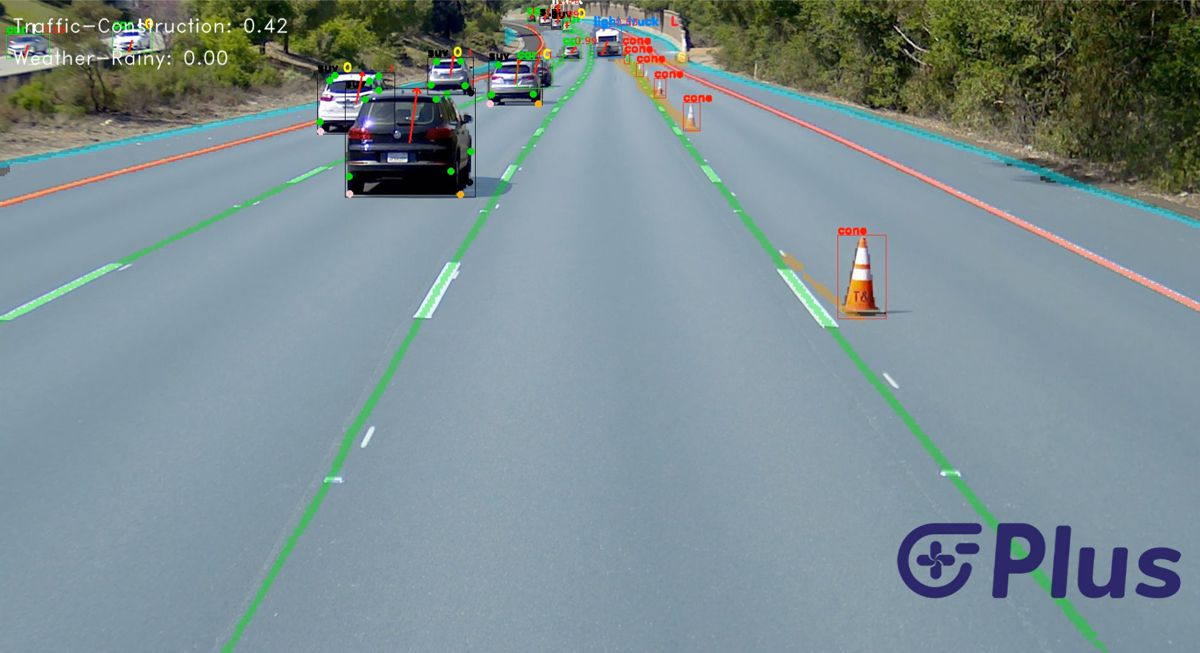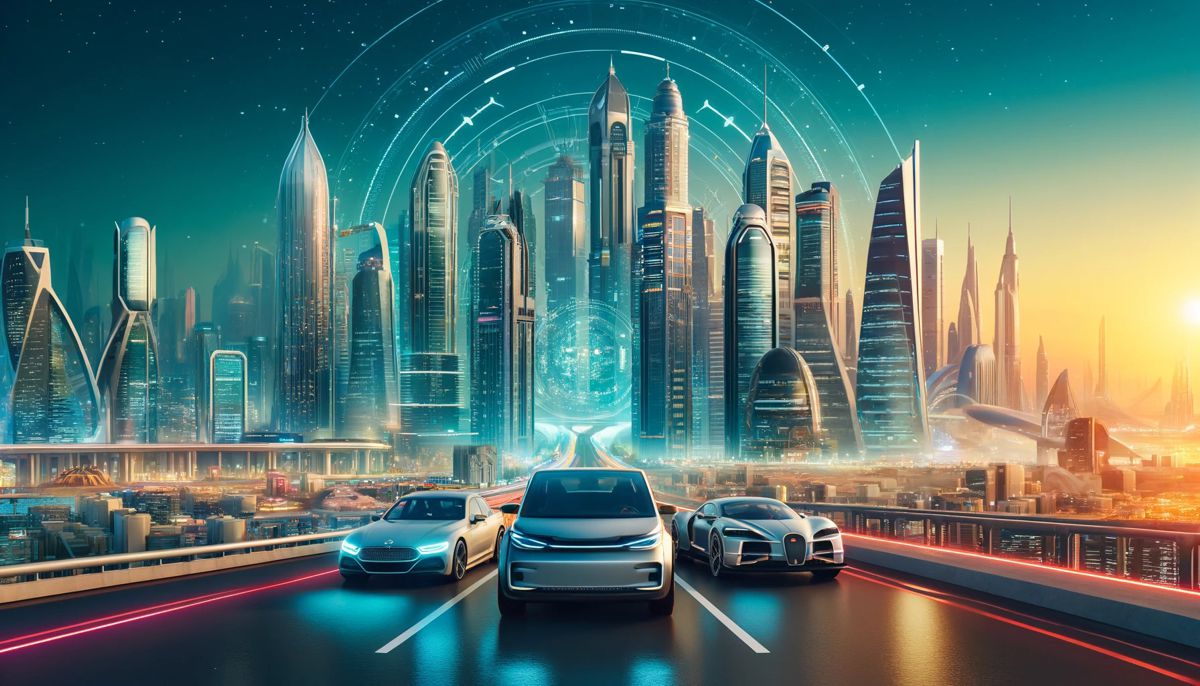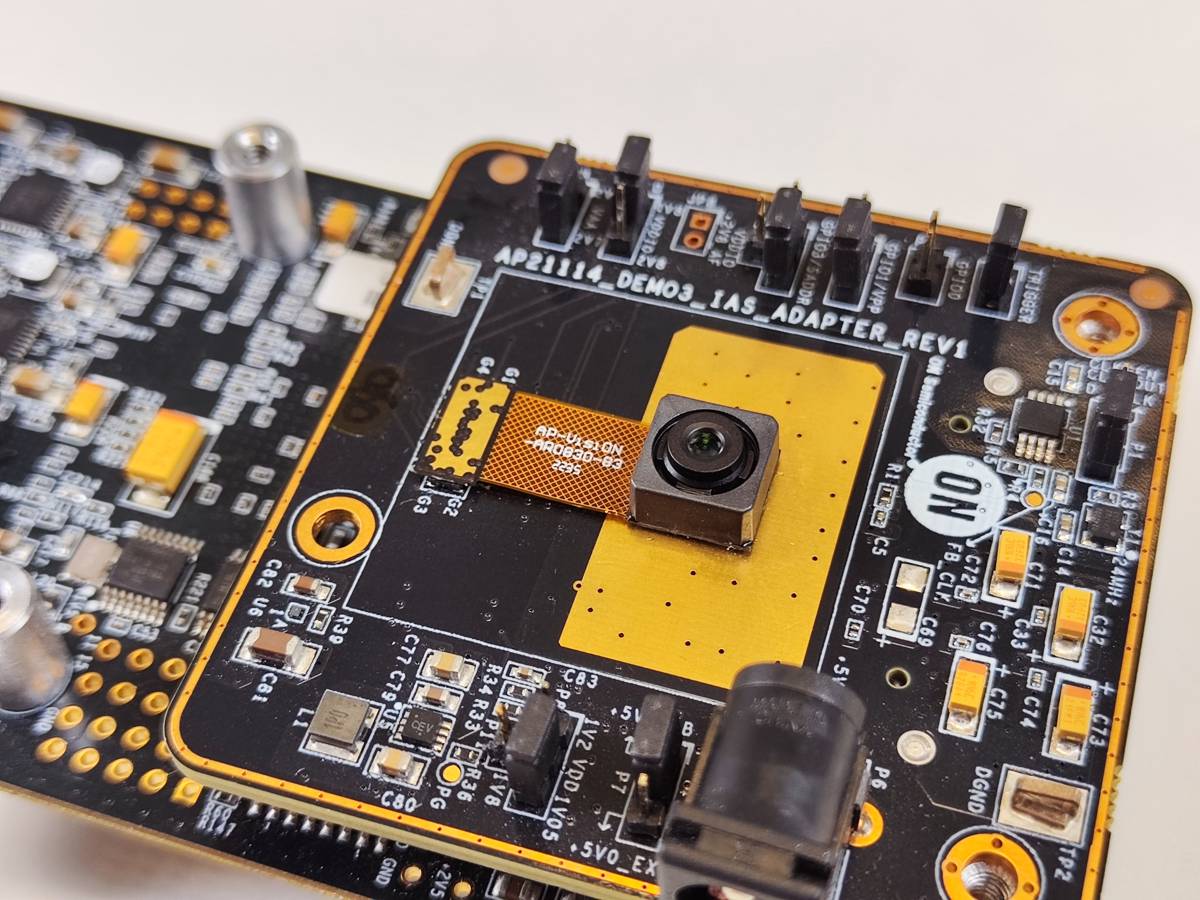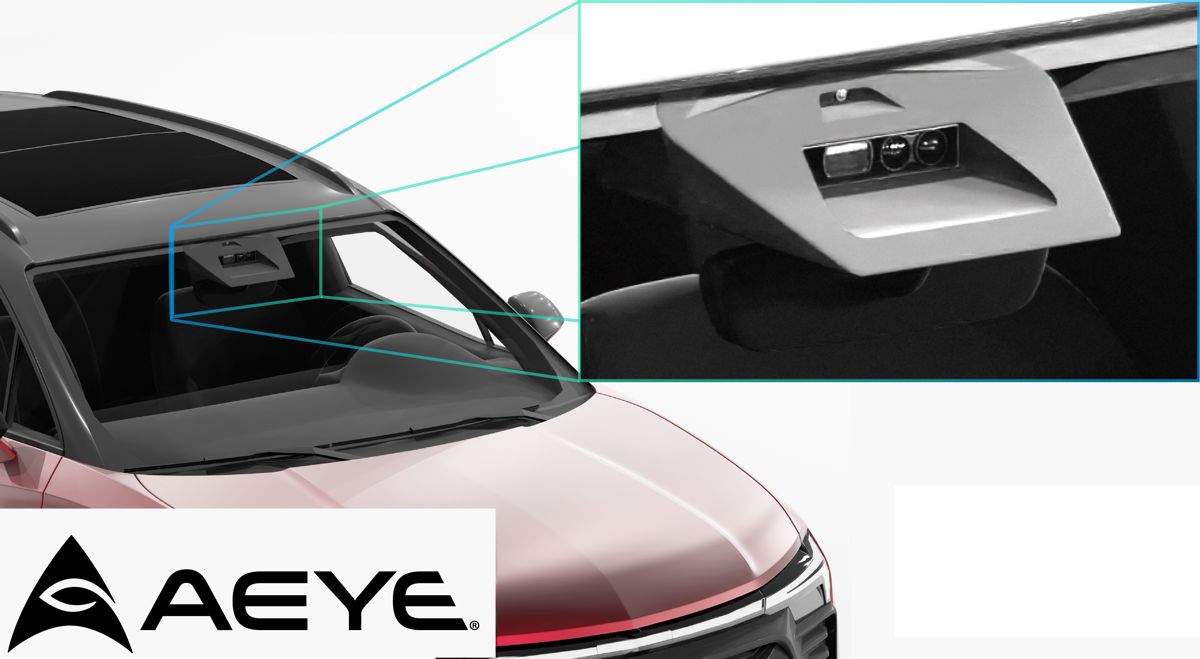Is Wireless Charging the future of Electric Vehicles?
The creator of the alternating current – Nikolai Tesla – was also both the inspiration for the pioneering electric vehicle (EV) company, Tesla, and responsible for wireless electricity. His vision didn’t come to pass in his lifetime, but a version of the technology that currently allows phones to charge wirelessly is also being developed for EVs.
The technology has a few hurdles to cross before it enters mass usage (and I’ll explore those further down), but it could become the future standard at public charging points, in homes and businesses and maybe someday on roads themselves.
The sky’s the limit on wireless charging
Firstly, wireless EV charging works with the same technology as wireless phone charging: magnetic resonance is used to transfer energy from a charging pad to a receiver built into the vehicle. However, not all current EVs are going to be compatible with this charging shift until the technology is standardised. In a similar way of Qi charging for mobile phones, we may see a situation like the early days of EVs, when Type 1, Type 2 CHAdeMO and other types of plugs made charging difficult.
Where are the manufacturers in wireless?
There is some progression by car manufacturers with mature wireless charging schemes. The Korean car manufacturer, Genesis, and Swedish company, Volvo, are indicative of where the technology is heading.
The Volvo pilot scheme uses XC40 vehicles as part of a three year test of the technology, which can charge up to 40kW, while the Genesis trial uses a more modest 11kW. Charging the 40 kWh battery in a Nissan Leaf (which gives the vehicle 270km of range) would therefore take one hour in Volvo’s wireless charging pad and a little under four hours with Genesis’. These are better times than can be achieved by the 3.6kW charge from a standard wall socket but are nowhere near the 100kW and 350kW charging times that are possible and increasingly common in wired charging.
Can it be made faster?
According to industry experts, the bottleneck isn’t the charging pad itself, but the vehicle’s battery management system. Theoretically, it could be upgraded to allow much faster charging speeds, and this would be crucial to not just compete with wired chargers, but to enable one of the key advantages of wireless charging.
However, on the wired charging side, drivers need to plug chargers in and use a terminal to start charging, with wireless charging they could charge whenever they are parked. This is ideal for short charges, which are more effective with faster chargers.
Finally, since they are wireless, their operation is likely to be wireless too. Instead of having to use a terminal as you currently do when using a wired charger, wireless chargers could interface directly with a vehicle through wireless technology to pay for the charging. If, as mentioned above, wireless charging is likely to be done in short bursts rather than long stretches, this would be very useful.
The key challenge of wireless charging
The current infrastructure for wired charging is getting more advanced, with 43,626 public charging points in the UK (at the time of writing) and many more chargepoints at private businesses and residences.
Therefore, tearing out all of the existing chargers to be replaced with a new technology that can only be used on a smaller number of vehicles is just not feasible.
Similarly, it may not be possible to upgrade many of the 810,000 EVs on the UK’s roads to use wireless charging, so new vehicles will need to come onto the market that have wireless charging technology.
Although the sector has made strides, we’re still getting the current infrastructure to a stage where EVs can truly compete with the traditional ease of refuelling an ICE vehicle at a petrol pump.
Don’t lose site of the now
Although there are clear future benefits and advantages that wireless charging may offer, it shouldn’t take away from the now.
Many UK businesses are at very different stages of their fleet transition and there are clear benefits of EVs that there is every reason to transition now. In particular as technology and infrastructure are already rapidly improving in the run up to the 2030 cut-off for the sale of new petrol and diesel vehicles, and beyond.
Now is the time that all business stakeholders stay on top of developments so they can react quickly to changing scenarios in mobility and make informed decisions during the transition.
Article by Tom Rowlands, FLEETCOR’s Managing Director, Global EV Solutions, including UK brand, Allstar.




